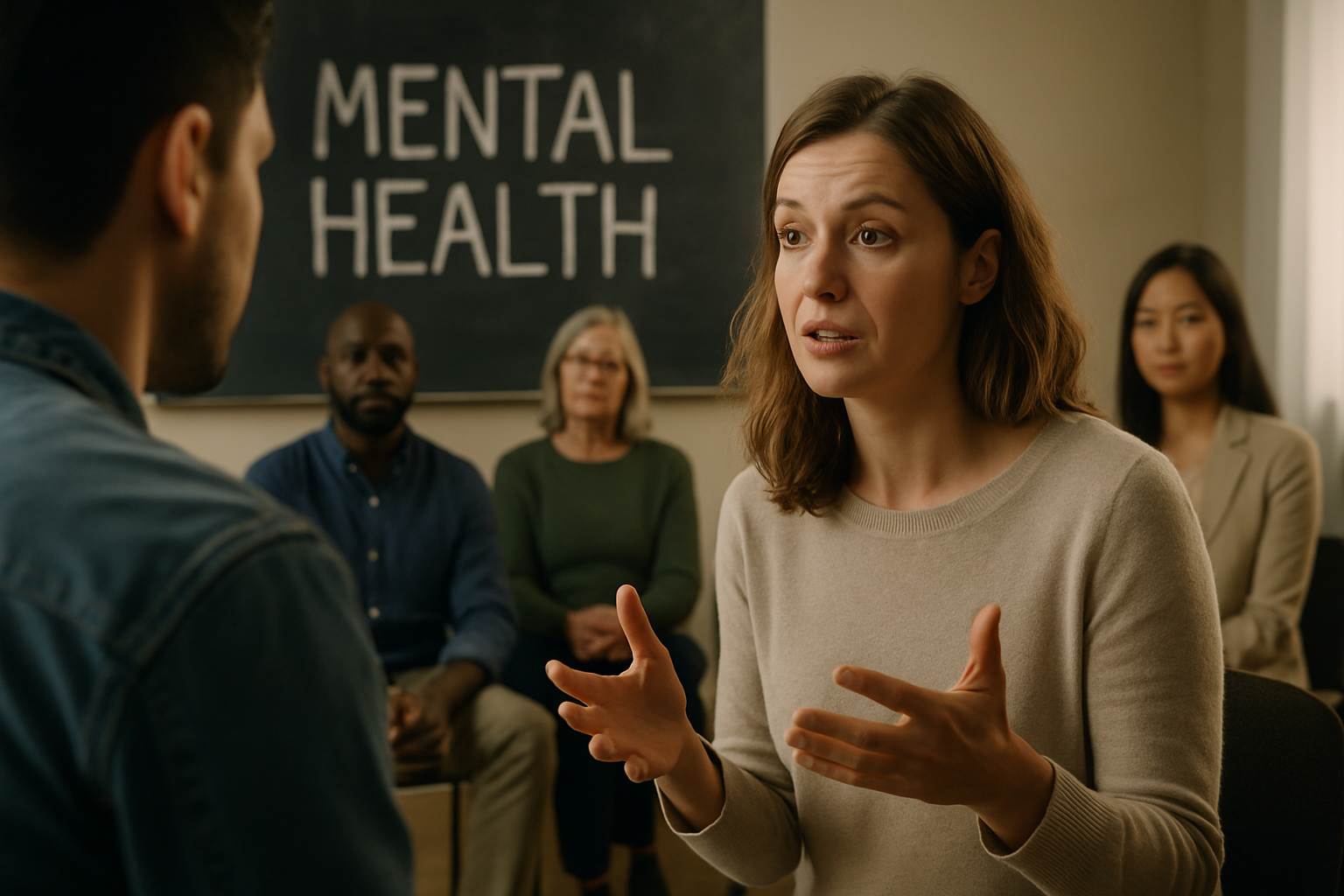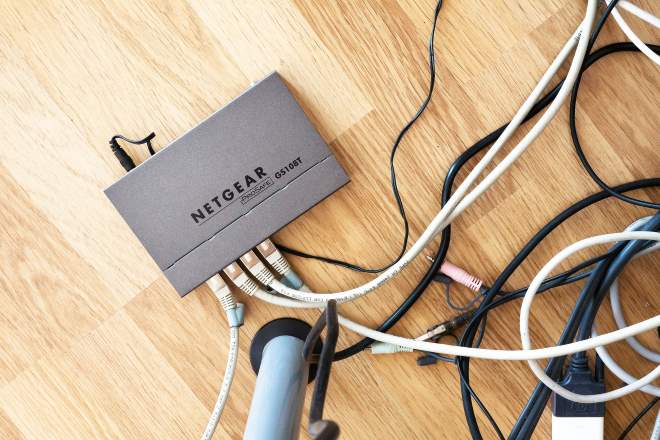Understanding Residential and Intensive Outpatient Programs for Young Adults 18-25 in the United States: Key Insights for 2025
Did you know that specialized treatment programs for young adults aged 18-25 focus on combining mental health therapy with life skills and community integration? Discover how these approaches support independence and recovery through comprehensive residential and outpatient care.

Overview of Residential Treatment for Young Adults 18-25
Optimum Performance Institute (OPI)
OPI delivers mental health treatment designed for young adults aged 17-28 addressing issues such as anxiety, trauma, burnout, delayed independence, and co-occurring disorders. OPI’s residential program creates a structured, therapeutic setting specifically tailored for young adults including those who are 18, emphasizing emotional stability and life skills growth.
- Eligibility: Young adults aged 17-28 facing mental health challenges or dual diagnoses (co-occurring mental health and substance use disorders).
- Program Features:
- Customized therapy targeting anxiety, trauma, and emotional regulation.
- Life skills coaching for independence in budgeting, time management, and social connections.
- Community integration activities focused on practical learning experiences (e.g., grocery shopping, volunteering).
- Continuous support and monitoring to ensure safety and steady progress.
- Locations: Facilities near Los Angeles, California, and Houston, Texas.
- Focus: Addressing holistic needs to assist young adults in transitioning from structured care to independent living.
The residential program environment is designed to offer calm and support for young adults facing life challenges, fostering both emotional and practical development.
Intensive Outpatient Programs (IOP) Designed for Young Adults
Intensive outpatient programs provide ongoing clinical therapy combined with opportunities for increased independence.
OPI’s IOP with Housing
OPI’s IOP allows young adults to reside in their own apartments while attending therapy and life skills sessions multiple times weekly. This setup supports a gradual transition from residential treatment to independent living by offering:
- Structured therapy emphasizing emotional regulation, relapse prevention, and daily living skills.
- Continued community support alongside clinical supervision.
- Practical chances to exercise autonomy and responsibility.
Caron Atlanta’s IOP for Substance Use
Caron Atlanta delivers an outpatient IOP tailored to young adults with substance use and related mental health concerns. The program features:
- Anxiety and stress management.
- Sober living skills, including peer support and emotional stability.
- Identity exploration and goal setting.
- Education on addiction, brain health, and behavioral coping strategies.
- Three sessions weekly, roughly three hours each, including group therapy, individual counseling, and family involvement.
Caron Atlanta’s IOP forms part of a wider continuum of care, connecting clients to inpatient treatment when appropriate.
Approaches to Dual Diagnosis Treatment
Both OPI and Caron Atlanta offer specialized assessments and treatment for individuals with dual diagnoses, addressing mental health disorders alongside substance use:
- Psychiatric evaluations to detect co-occurring conditions.
- Integrated therapies targeting both mental health symptoms and substance use behaviors.
- Life skills coaching to handle daily challenges and support relapse prevention.
- Neurotherapy options at Caron Atlanta aimed at enhancing brain function affected by addiction and psychological conditions.
These integrative approaches promote comprehensive care tailored to complex needs.
Information on Eligibility, Treatment Process, and Costs
- Eligibility: Generally young adults aged 18-25 (with some programs extending to age 28) presenting mental health, substance use, or dual diagnosis concerns.
- Assessment: Initial evaluations performed by licensed therapists or psychiatrists to determine specific needs.
- Treatment Planning: Individualized plans guide participants through care levels based on progress, including residential treatment and outpatient or IOP stages.
- Costs: Fees vary depending on care type, length, and insurance coverage. Some major insurers may cover parts of treatment, but specifics (such as Cigna’s substance abuse benefits) should be confirmed directly with insurers and providers.
- Support Services: Family involvement, life skills coaching, and community integration commonly support young adults during recovery.
Areas Not Covered in This Overview
- Specific details on Providence intensive outpatient programs, residential treatment focusing exclusively on depression for young adults, or IOPs in Long Island were not included in the reviewed material.
- Information regarding precise insurance coverage remains unspecified; individuals should verify directly with their insurance providers and treatment facilities.
- No formal rankings of treatment centers were provided. The mention of OPI and Caron Atlanta serves as examples of centers with recognized young adult-focused programs based on available data.
Summary
Young adults aged 18-25 in the United States seeking residential or intensive outpatient programs in 2025 have access to options such as Optimum Performance Institute, which offers a continuum of care including clinical therapy, life skills coaching, and real-world experiences designed to promote emotional and independent growth.
Caron Atlanta provides complementary outpatient and IOP services addressing substance use and dual diagnoses with links to residential care.
Both programs demonstrate evolving models in youth-focused mental health and addiction care, emphasizing personalized, developmentally appropriate support and practical skill-building to assist young adults on their journey to recovery.
Sources
Disclaimer: All content, including text, graphics, images and information, contained on or available through this web site is for general information purposes only. The information and materials contained in these pages and the terms, conditions and descriptions that appear, are subject to change without notice.




